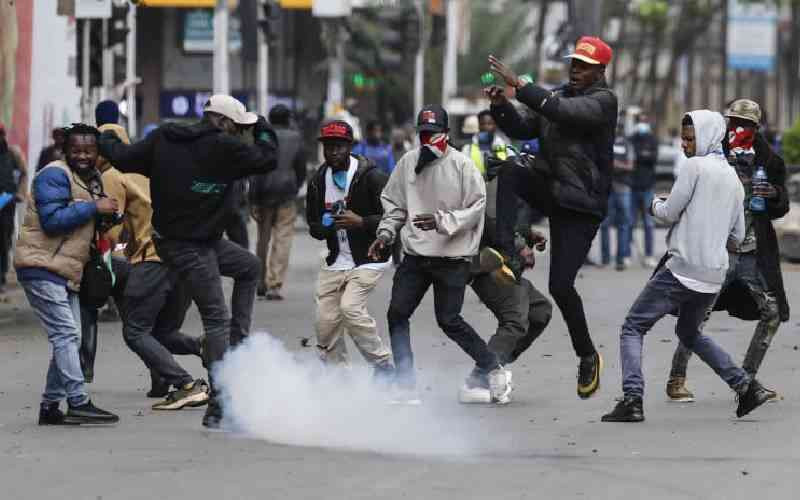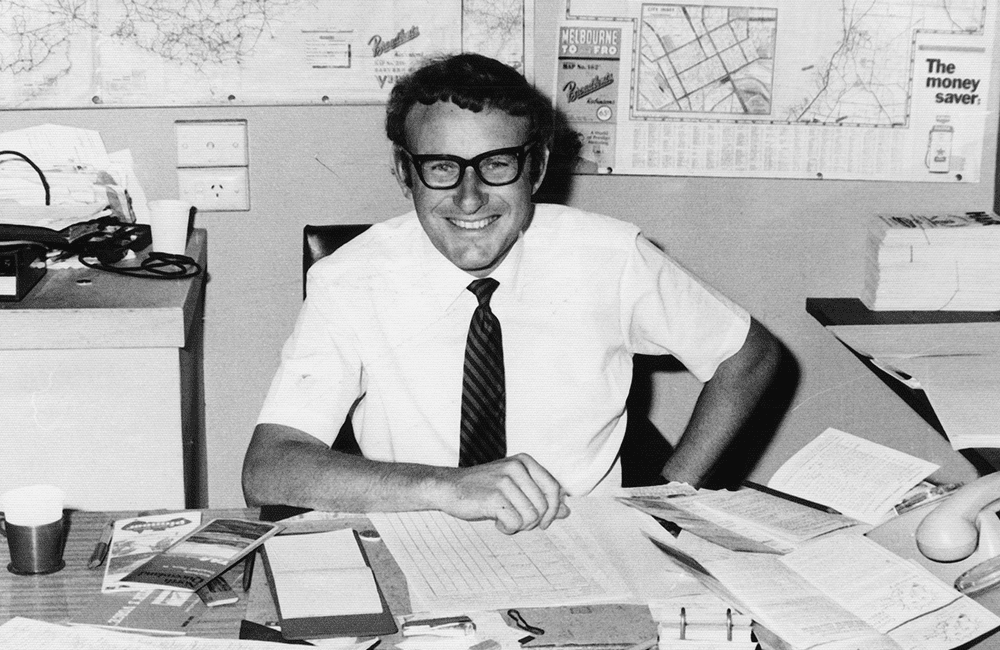~ ~
The Labour government’s commitment to finish the job started by its Tory and Liberal Democrat predecessors has taken vivid form in the proposed cuts to the health component of Universal Credit and restrictions to claims for Personal Independence Payment. The proposed cuts—to welfare support already cut to the bone—are savage. But the language used to couch the proposals is that of empowerment, of getting people back into work, of restoring dignity.
To paraphrase Proudhon on Malthus, this is ‘the theory of political murder; of murder from motive of philanthropy and for love of God’. When Rachel Reeves said—more than a decade ago—that Labour would be ‘tougher on welfare’ than the Tories, it would have been wise to believe her. Starmer’s Labour sees citizens simply as human resources. As the HR department for the capitalist state, extractivism is the order of the day.
Disquiet with Labour’s merciless attacks on the disabled has stretched even to the columns of Guardian journalists who had lambasted Corbyn for his mild social democracy. The government whip Vicky Foxcroft resigned her post rather than support the cuts.
Foxcroft’s resignation, and the publication of the formal legislative proposals on the cuts, came the day before the Third Reading of Kim Leadbeater’s Assisted Dying Bill in the House of Commons, where it was approved with a majority of 23. Few anarchists would dispute someone’s right to end their lives on their own terms as they see fit. But equally, few anarchists would dispute the centrality of those most likely to be affected to any discussion of actions to be taken. As ever, means must prefigure ends and not be justified by them.
Yet disabled voices were often marginalised in the ‘debate’ over the Assisted Dying Bill. Disability Rights UK and Disabled People Against the Cuts (DPAC) both came out steadfastly against it. They argued that, given our societal context and the gross devaluing of disabled lives, the Bill as currently constructed would pressure disabled and chronically ill people to choose death for fear of being a burden on their relatives or wider society.
It’s important to note that disabled and chronically ill people do not speak with one voice. The late Debbie Purdy, a music journalist with progressive multiple sclerosis, fought for her partner’s right to assist her death without fear of prosecution. In the run-up to the votes in Parliament, however, stories such as Purdy’s were privileged to the exclusion of others; the campaign Dignity in Dying had greater resources and reach than DPAC, and newspaper and media outlets were keen to frame the ‘debate’ as one between rational individuals who wanted a peaceful and dignified death and religiously-motivated figures who appealed for them to ‘have faith’.
The real concerns of representative bodies were not addressed; nor were those of sections of the medical profession, who—alarmed at the removal of safeguards at committee stage—withdrew their support for the legislation.
As someone living with progressive multiple sclerosis, I can attest to the endless the casual indignities of living with disability under capitalism. As an anarchist, I also believe firmly that people should have the right to end their lives and if necessary have support to do so. But that doesn’t translate into support for legislation promoted by a state hell-bent on the eradication of disabled people through the withdrawal of vital support.
In her book The War Against Disabled People, published on the eve of the COVID-19 pandemic, Ellen Clifford argues that since 2010, the Conservative-Liberal Democrat coalition’s austerity policies have led to casualties in the hundreds of thousands. As Clifford notes, in practical terms the most severe penalties for capitalism’s spectacular failures have been visited on those whom it deems less than human; disabled people.
Clifford, who is herself disabled and active in DPAC, is unsparing in the horrors she chronicles. It is the story of a neoliberal politics of death, where disabled and chronically ill people become unwanted columns in a fiscal balance sheet that needs amending. Through the introduction of a much harsher welfare regime, deaths mounted rapidly. The UN itself responded to a DPAC complaint in 2016 with the verdict that the UK government had engaged in “grave and systematic” violations of disabled people’s rights.
One of the most powerful aspects of Clifford’s book is its clear elaboration of how these deaths were rendered invisible, how the disabled were compelled to die in the dark. When Jeremy Corbyn, as Labour Party leader, attempted to cite numbers of deaths due to the government’s austerity measures, he was roundly decried in the House and ridiculed by political correspondents who thought this a demonstration of his rhetorical incompetence.
The COVID pandemic, which came after the publication of Clifford’s book, only made her points more strongly. Disabled and chronically ill people were disproportionately likely to die. The ominous use of the phrase ‘excluding Clinically Extremely Vulnerable’ in the context of death statistics rendered seemingly-neutral what was actually a eugenicist sleight of hand.
Now, this Labour government seems committed to carry on with its Tory predecessors’ pathologisation and demonisation of disabled and chronically ill people, deeming ‘work’ as the only acceptable form of identity, and going so far as to deliberately mislead the public on the nature of their cuts—claiming that Personal Independence Payment is an out-of-work benefit (it isn’t) and talking about “pathways to work” for people who are often already in work but struggling to survive.
Disabled people need to be enabled to live before they are assisted to die. Disability—rather than impairment—is caused by society, and specifically by capitalism, against which anarchism has waged war since its origins as a movement in the mid-nineteenth century. This is not just about benefit cuts or assisted dying; it is a foundational struggle over the definition of the true value of life, the possibility of cooperation over competition, and the role of mutual aid in constituting a society worth living in.










